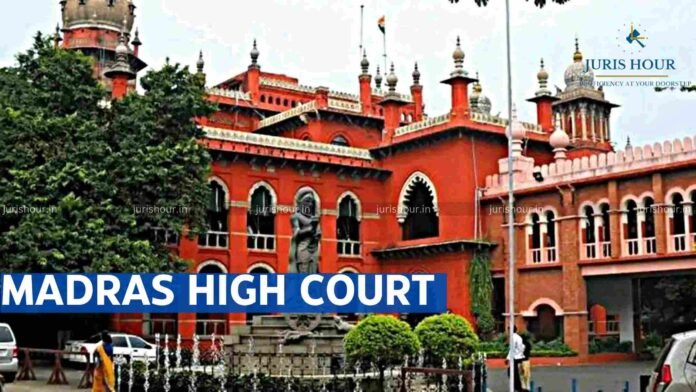The Madras High Court has directed the customs department to provisionally release imported second-hand digital multifunction devices.
The bench of Justice N.Anand Venkatesh has observed that under Rule 13(2) of the Hazardous and Other Wastes (Management and Transboundary Movement) Rules, 2016 (HOW Rules), import of “other wastes” listed in Part D of Schedule III does not require prior MoEFCC permission, provided the importer submits the documents enumerated in Schedule VIII at the time of import. Petitioners in the previous cases had submitted all necessary documentation, which could be verified by Customs as a condition for provisional release. There is no prohibition on the import of MFDs under the HOW Rules, and the question of final legality can be determined only during adjudication.
The petitioner, M/s.Taanish Enterprises is a importer who sought directions for the Customs Department to release their consignment of used, highly specialised digital MFDs that had been seized despite being inspected and certified by a DGFT-approved Chartered Engineer.
The importer argued that the imported machines were highly specialised equipment (HSEs) and had been duly examined by the Customs authorities with certification from a qualified Chartered Engineer. Despite compliance with procedural requirements and submission of the mandated documents, the Customs Department proceeded to forfeit the goods, citing restrictions under the Hazardous and Other Wastes (Management and Transboundary Movement) Rules, 2016 (HOW Rules).
The department referred to the position of the Ministry of Environment, Forest and Climate Change (MoEFCC) that MFDs fall under “other wastes” as defined in the HOW Rules, and hence require prior environmental clearance for import.
The Court also invoked the “benefit of doubt” principle, observing that in customs matters, if there is reasonable doubt regarding the importer’s declarations, the onus lies on the Customs authorities to produce evidence disproving them. Since the MFDs in question are not contraband or security-sensitive items, and similar consignments had been provisionally released in other cases — including decisions of the Telangana High Court upheld by the Supreme Court — the Court found it appropriate to grant provisional release.
The court issued various directions.
Firstly, the Customs Department, Chennai, shall pass orders for provisional release of the seized goods under Section 110A of the Customs Act, 1962, within four weeks from receipt of the Court’s order, on conditions as deemed fit.
Secondly, upon fulfilment of these conditions, the Department shall release the goods to the petitioner within two weeks thereafter.
Lastly, the release is subject to final adjudication by Customs, which retains the power to reverse the provisional release order if the goods are ultimately found liable for confiscation or penalties.
Case Details
Case Title: M/s.Taanish Enterprises Versus The Commissioner of Customs (Chennai II) Import,
Case No.: Writ Petition No.38991 of 2025
Date: 15.10.2025
Counsel For Petitioner: Vaibhav R Venkatesh
Counsel For Respondent: M.Santhanaraman

